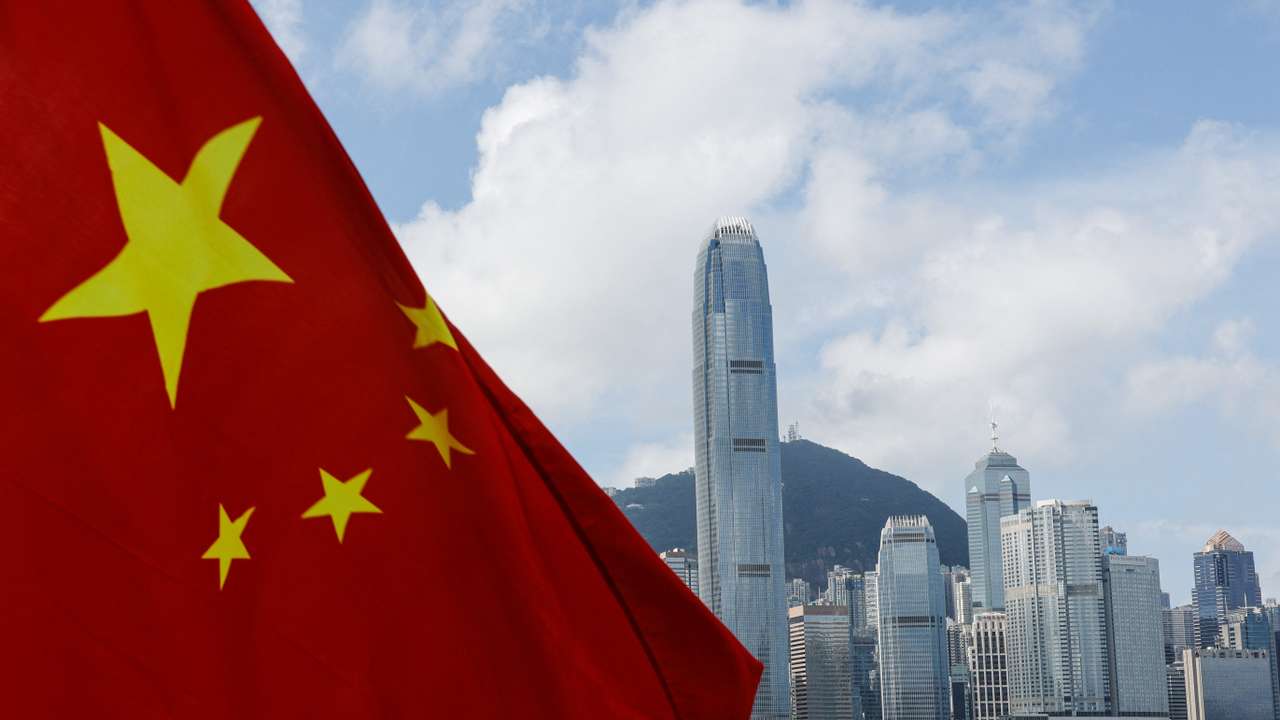Global financial leaders to encounter challenging queries at HK summit

Top executives from global investment banks and asset management firms are set to convene in Hong Kong next week, despite geopolitical tensions and China's economic slowdown, aiming to redefine their role in the world's second-largest economy and its offshore financial center.
The Global Financial Leaders Investment Summit, a flagship event hosted by the Hong Kong Monetary Authority, is scheduled to commence on Monday.
Participants include CEOs like David Solomon from Goldman Sachs, James Gorman from Morgan Stanley, Jane Fraser from Citigroup, as well as Noel Quinn from HSBC and Bill Winters from Standard Chartered. Prominent figures from Blackstone Group, Carlyle Group, Citadel, and other firms will also speak at the event, which revolves around the theme of "living with complexity."
These executives are gathering in Hong Kong amid significant job cuts in the banking and asset management sectors in the city due to the slowdown in China's dealmaking activities and tighter regulatory oversight since the inaugural summit held last year. That summit marked Hong Kong's resurgence as a global financial hub following the disruptions caused by the COVID-19 pandemic.
Diana Parusheva-Lowery, Head of Public Policy and Sustainable Finance at the Asia Securities Industry & Financial Markets Association in Hong Kong, highlighted that a key question on everyone's minds when they visit Hong Kong is how the Chinese economy is performing and the potential implications.
According to a report from Reuters, the Hong Kong Stock Exchange currently ranks as the 11th-largest venue for initial public offerings this year, with only $2.7 billion raised through the third quarter.
This pales in comparison to its dominant position in most of the last decade. Official data indicates that the territory's assets under management declined by 14% in 2022.
Trading volumes have also dwindled as foreign investors reduce their exposure to a China they view as increasingly isolated due to opaque policies, challenges in the property sector, and crackdowns on private enterprise.
Chris Beddor, Deputy China Research Director at Gavekal Dragonomics based in Hong Kong, noted that the structural economic slowdown in China, concerns about the future of U.S.-China relations, and questions about whether private mainland investment now prefers Singapore have not changed significantly.
These are issues that senior figures in the financial sector are keenly aware of, even if they do not openly discuss them.